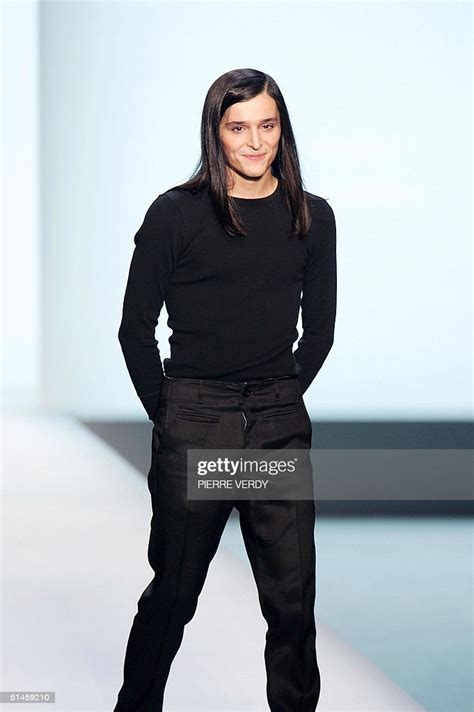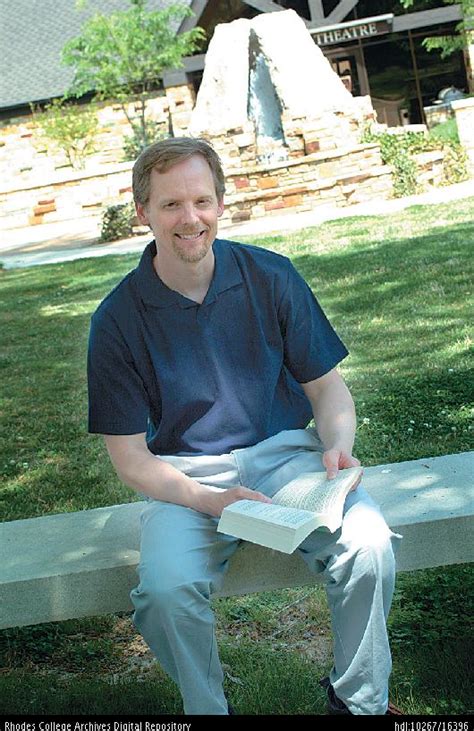A Quote by Thomas S. Monson
I hope I work effectively, but I never feel I have exhausted what I should be doing... I believe we have a responsibility to be a good influence on others.
Related Quotes
I admire a lot of photographers, but I feel very disconnected from them at the same time. I don't feel I employ any technique like these people in my work. I guess if there's any influence from any of these photographers, it's this: They were concerned only with beauty. Not with 'cool.' I hope I'm doing the same.
Even fairly good students, when they have obtained the solution of the problem and written down neatly the argument, shut their books and look for something else. Doing so, they miss an important and instructive phase of the work. ... A good teacher should understand and impress on his students the view that no problem whatever is completely exhausted.
Perfectionism doesn't believe in practice shots. It doesn't believe in improvement. Perfectionism has never heard that anything worth doing is worth doing badly--and that if we allow ourselves to do something badly we might in time become quite good at it. Perfectionism measures our beginner's work against the finished work of masters. Perfectionism thrives on comparison and competition. It doesn't know how to say, "Good try," or "Job well done." The critic does not believe in creative glee--or any glee at all, for that matter. No, perfectionism is a serious matter.
We should expect hope's reciprocity as a natural flowering of the life of hope. Helping others and nurturing hope is expressive of hopefulness itself. It is an extension of the hopeful self to reach out to others, promoting the connection of agency and the enrichment of horizons of meaning. Hope's reciprocity grows out of the very social nature of hope; we thus frequently see it live in family relations, in intimacy, in love. And so hope spreads. This spreading should not surprise us; like love, it is freely given, fostered, and nurtured.





































